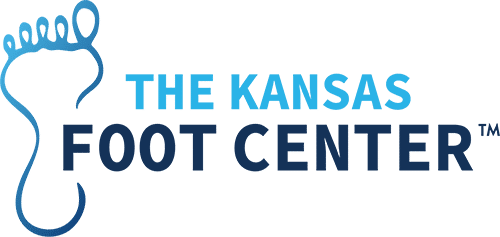Choosing Running Shoes that Work with You
We love running! The rush of the wind, the exploration of both natural and urban environments, the feeling of freedom—plus, it provides obvious physical and mental health benefits.
The one thing we don’t love about running? Sore feet and injuries. Many, if not most, runners will deal with pain from time to time. The problem is even worse if you choose shoes that are working against you, rather than with you.
Running Shoes and You
The first thing you have to learn about running shoes is that there is no “universal” running shoe. A shoe that works perfectly for a friend, relative, or teammate might leave you with aches, blisters, busted toenails, and more. It’s about more than just size: running shoes are made for almost every type of foot shape, gait and pronation style. In order to get the performance you deserve, you need a shoe that matches your mechanics and even body type.
For example: how much cushioning do you need? That often depends on your body itself. When you run, your body places a force equivalent to as much as 4-5 times your body weight (or more!) each time your foot lands. If you’re even 10-15 pounds overweight, that could mean a lot of extra stress with each step! A larger runner, therefore, might need more shock absorption than a lighter one.
Your foot shape and running style also make a big difference. Different arch heights—flat, medium, or high—often require differing amounts of arch support, stability, or motion control features. Arch height is often, although not always, correlated with your pronation style, which is a measure of how far your feet “roll” inward during your step. Overpronators tend to wear out the inside of their shoes fastest, and may need footwear with more stability or motion control features. By contrast, underpronators or supinators tend to run more on the outsides of their feet, and usually need more flexible shoes and cushioning to assist with shock absorption.
There are many other considerations, as well. For example, you might also consider the main type of terrain you’ll be traversing. A shoe that operates mostly on trails will probably need different features than one that’s only used on roads and sidewalks.
We’ll Keep You on the Run
Confused yet? Don’t worry! If foot pain is keeping you from enjoying your run, stop by to see the Kansas Foot Center team in Wichita, KS. We can help you figure out what kind of running shoe you really need, as well as provide any additional treatment remedies you may require to overcome your pain. Give us a call today at (866) 222-5177 to schedule your appointment.
